Stay Updated: This Week’s Top News Stories Inside
Stay updated with our weekly round up of funding and M&A news, bringing you the latest from the startup ecosystem.
This Week at Ecosystem Ventures

Key Highlights – Pitch Session
We are thrilled to share that Ecosystem Ventures hosted the 03rd Pitch Event of 2024 last week, where one of our portfolio startups pitched to angel investors, who joined either remotely or graced our office with their presence.
To view our active deals visit here.
Startup Funding Summary
Rapido
Hyderabad-based ride-hailing startup, has raised $200 Mn in a funding from WestBridge Capital
Blue Tokai Coffee
Gurugram-based F&B startup, has raised $35 Mn in Series C funding from Verlinvest, Anicut Capital and A91 Partners
Justo Realfintech
Mumbai-based real-estate startup, has raised $7 Mn in a funding from Arbour Investments
Nutrabay
New Delhi-based wellness & nutrition firm, has raised $5 Mn in Series A funding from RPSG Capital Ventures and Kotak Alternate Asset ManagersKotak Alternate Asset Managers
Hosteller
Mumbai-based hospitality chain, has raised $4 Mn in a funding from V3 Ventures, LV Angel Fund, FAO Ventures, Synergy Capital Partners, Unit-e Consulting, Ice. VC, Thrive Ventures and other HNIs

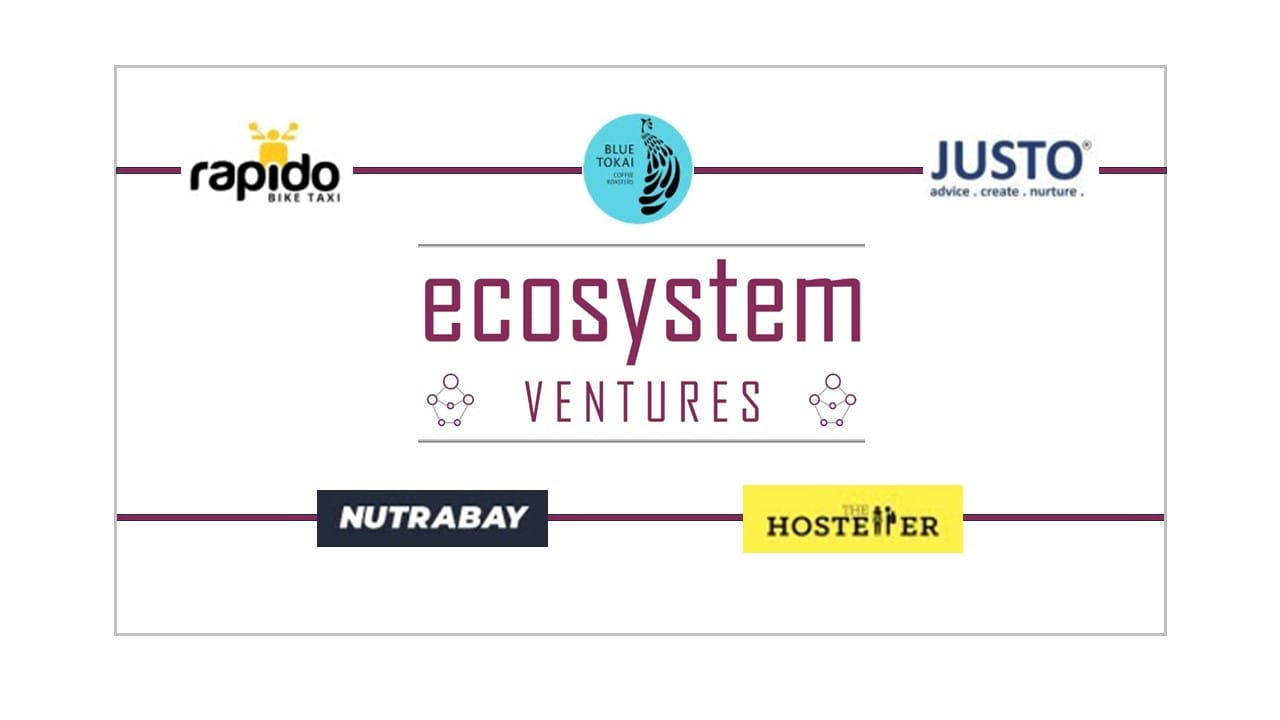
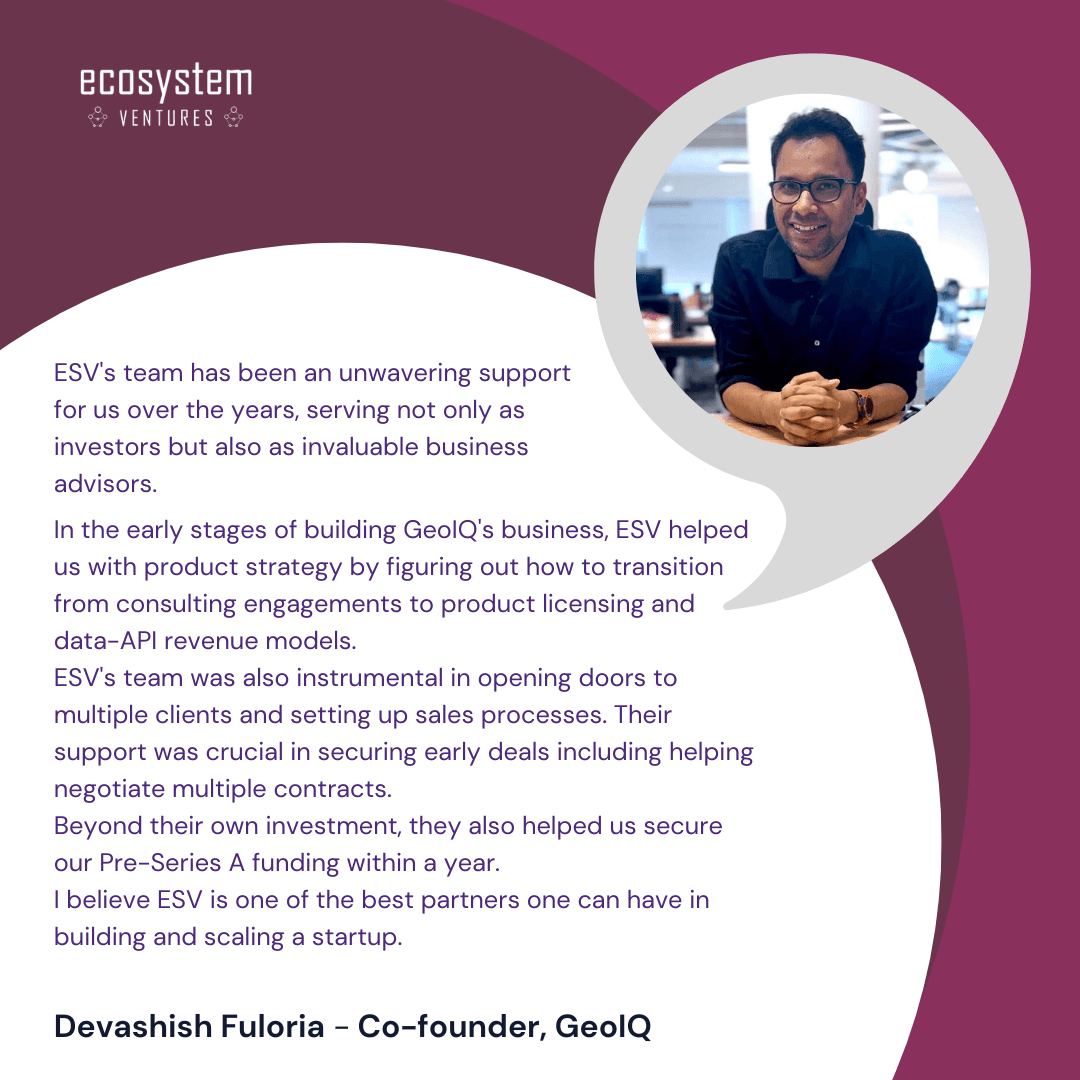


.png)
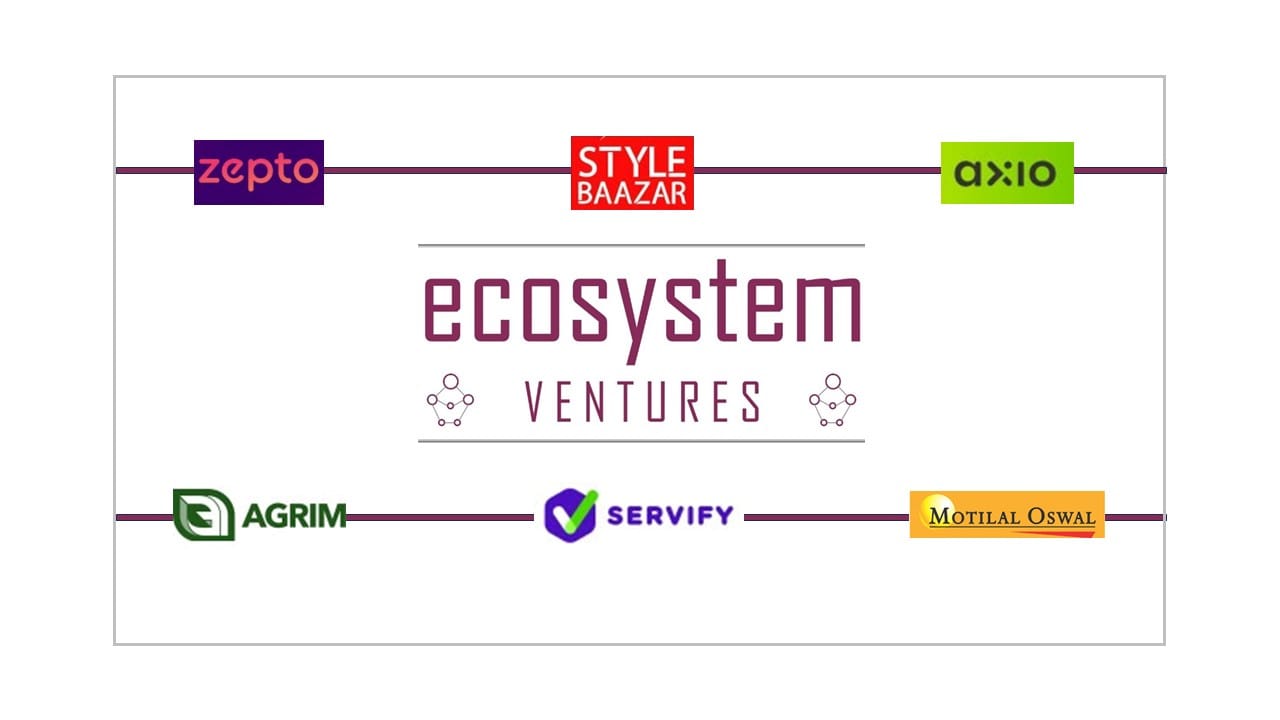
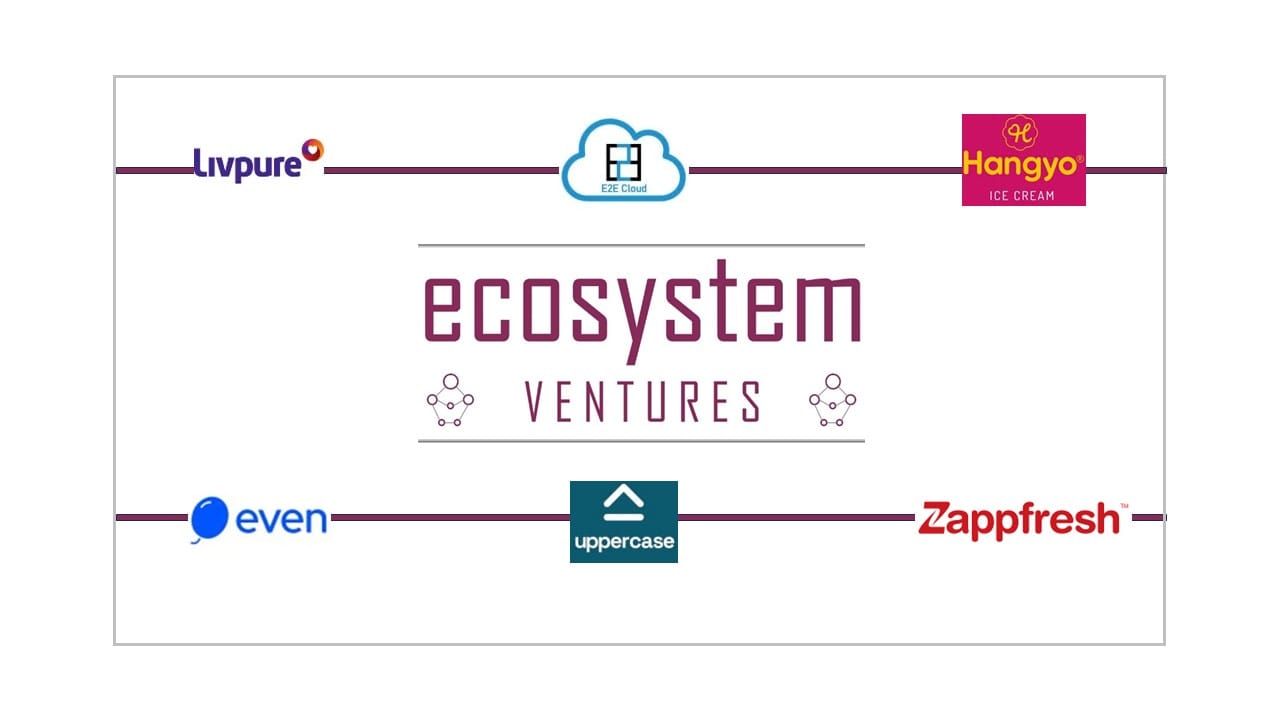
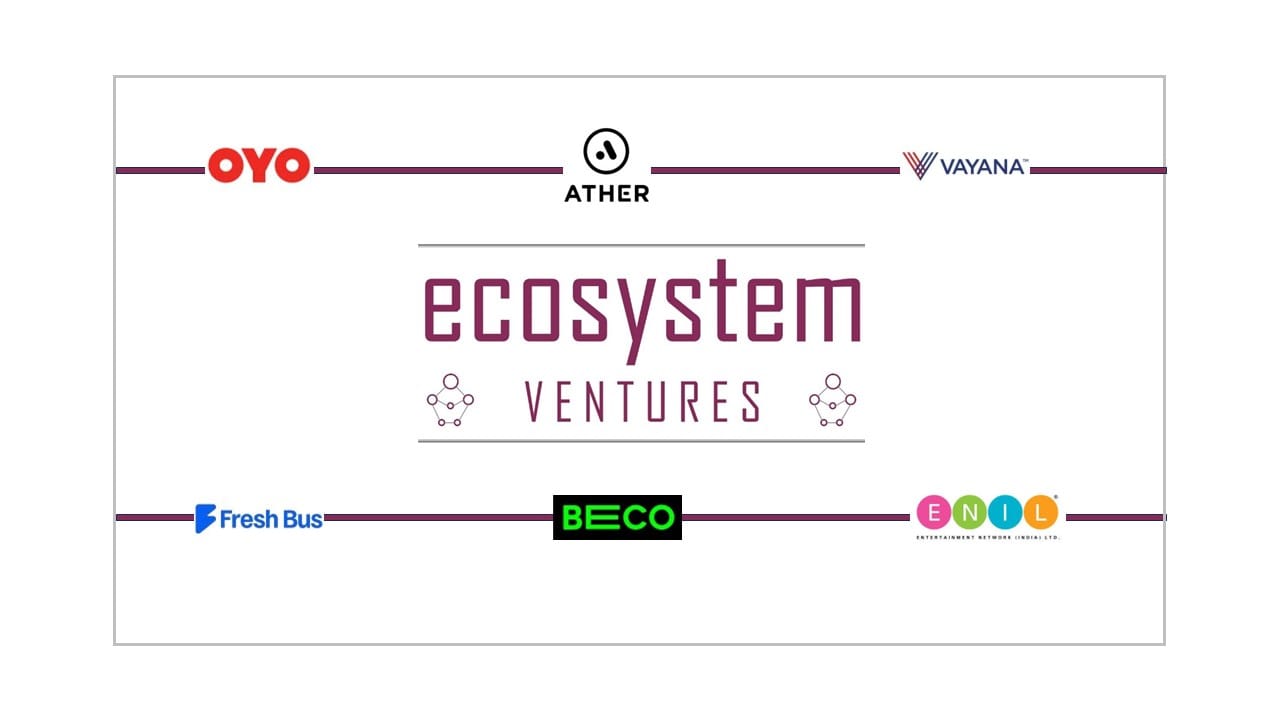
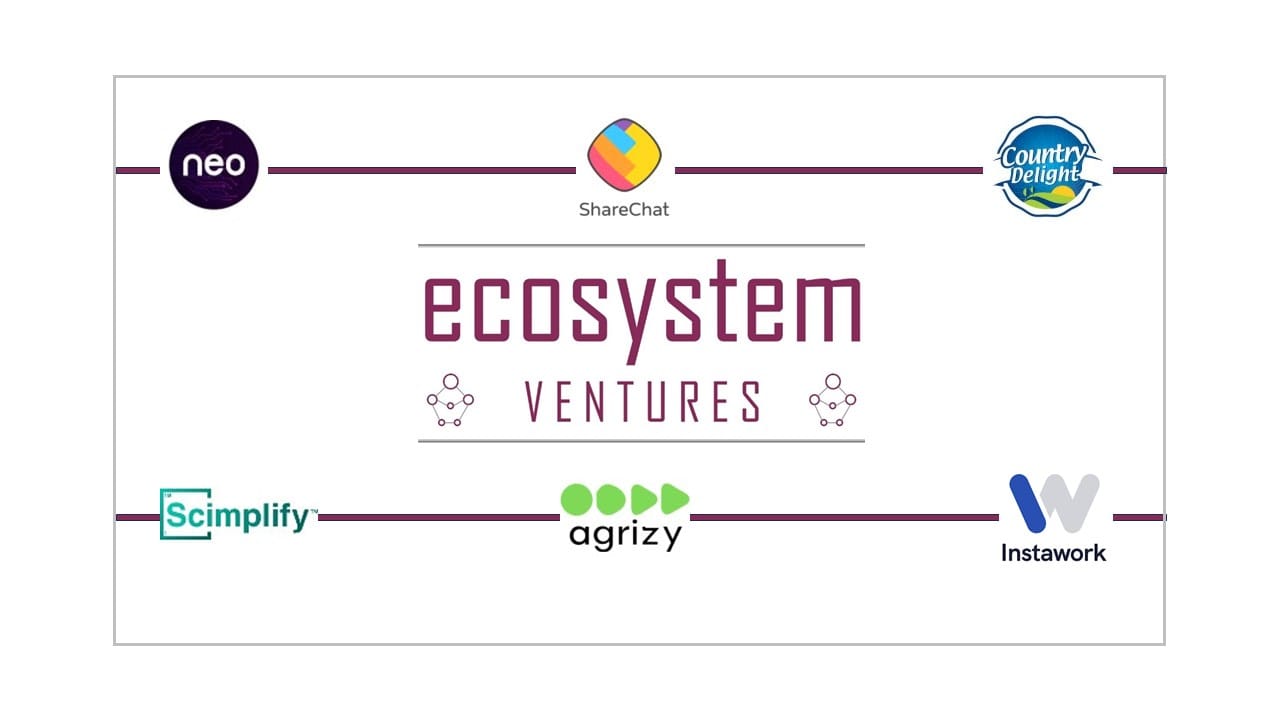

.png)




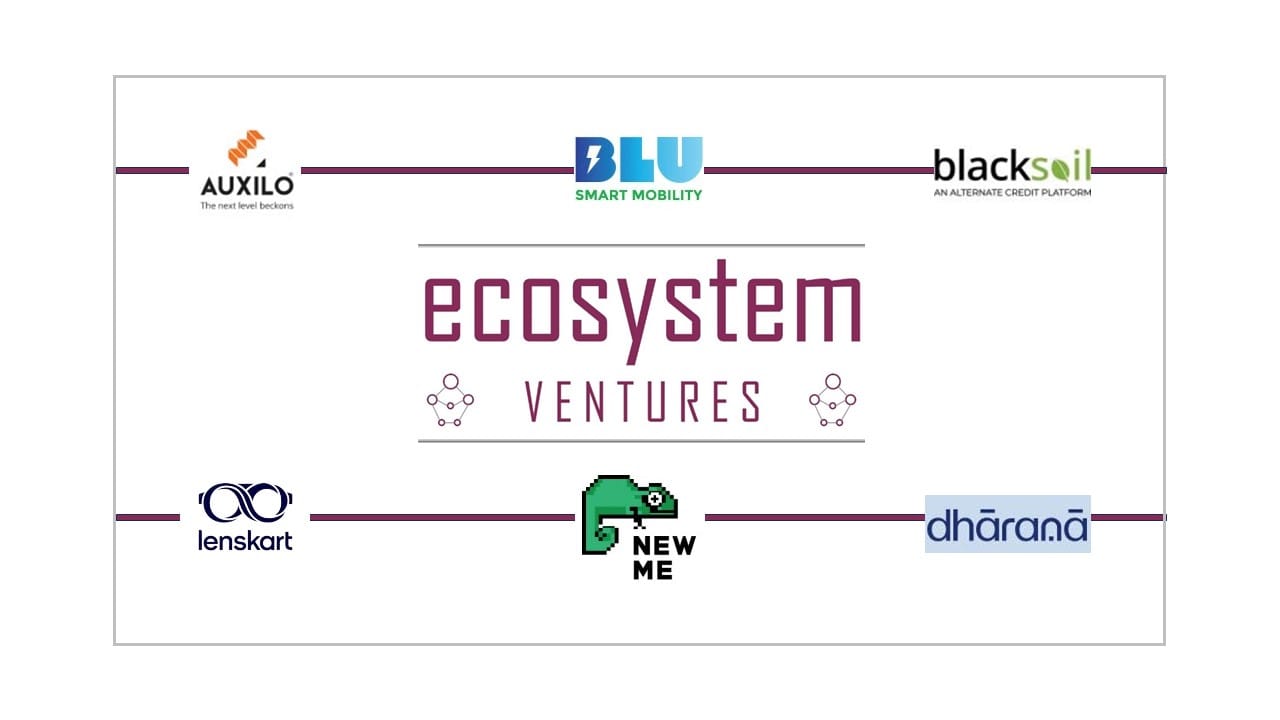
.jpg)